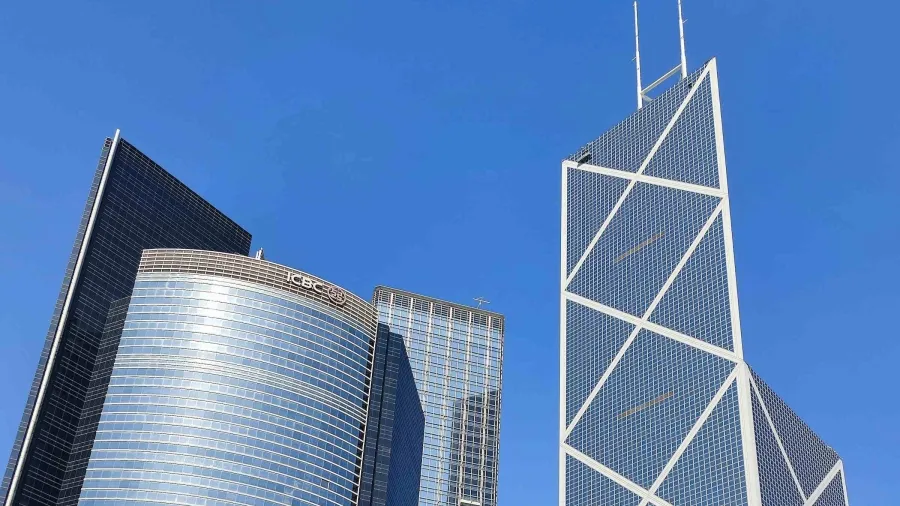
Global Top 25 banks market cap up 20.1% to $4.7t; China Big 4, DBS rise
HSBC also recorded a double digit increase in its market cap.
The top 25 banks in the world saw their market capitalization (mcap) rise 20.1% year-on-year (YoY) to $4.7t in the first three months of 2025, according to data analytics and research company GlobalData.
Most of the stocks rose in Q1, benefitting from the central banks’ interest rate cuts, and benefitting banks’ net interest income, said Murthy Grandhi, company profiles analyst at GlobalData.
JPMorgan Chase continues to remain as the world's largest bank by MCap, recording an increase of 17.7% to $679b by the end of Q1 2025.
Growth was primarily fueled by higher investment banking fees in its commercial & investment bank division, Grandhi said.
Goldman Sachs and Morgan Stanley witnessed 24.1% and 20.8% growth respectively. The two banks benefited from improved capital market activity and resilient wealth management performance.
In contrast, 22nd placer TD Bank's mcap declined by 1.1%YoY to $105.9b. This reflects subdued retail banking growth as well as concerns over mortgage delinquencies amidst a cooling Canadian housing market, GlobalData said.
China’s big four banks, meanwhile, experienced growth ranging from 15% to 40%. This was driven by loan growth, government-led stimulus support for infrastructure financing, and improved asset quality metrics, Grandhi said.
HSBC Holdings saw a 37% increase to reach $203.4b on its Asia-centric strategy.
Banco Santander recorded a 33.4% rise in market value reaching $102.9b, driven by European central banks rate cuts and the recent specter of massive public spending in Europe.
Singapore’s DBS Group Holdings recorded a 43.3% rise in market value due to strong business performance, GlobalData said.
HDFC Bank’s mcap grew 23.8% to $163.3b, whilst ICICI Bank’s mcap rose by 21.2% to $111.7b.
However, the latest US tariffs could impact banks’ loan demand and profitability, Grandhi warned.
“GlobalData predicts that the latest US tariffs have heightened global recession fears, which could reduce consumer spending, and curtail business borrowing, thereby negatively impacting banks' loan demand and profitability,” Grandhi said.
Global financial markets have reportedly seen increased volatility, with significant decline in banking stocks and rising risks of loan defaults.
“To mitigate these effects, banks must diversify revenue streams, strengthen risk management, and invest in digital transformation,” he said, adding that the Q2 2025 outlook hinges on trade negotiations, monetary policy responses, and global economic trends.




















 Advertise
Advertise










